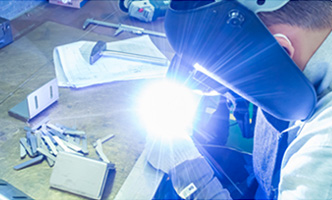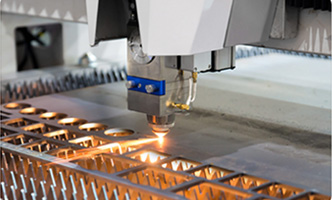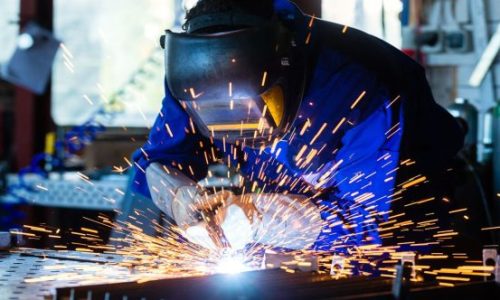Quincaillerie de précision Fabricant de solutions personnalisées
Contents
In the modern manufacturing world, metal fabrication plays an integral role in various industries, ranging from automotive to aerospace and electronics. Among the many techniques in metalworking, fabrication de tôles de précision et precision sheet metal bending are two critical processes that contribute to creating high-quality components. This article delves into the different types of metal fabrication processes and their applications, with a focus on precision fabrication techniques.
Metal fabrication is a process that involves shaping, cutting, and assembling metal structures from raw materials. It is a crucial aspect of the manufacturing industry and is used to produce a wide range of components. From large structural components to intricate, small-scale products, metal fabrication serves as the foundation for producing parts used in various industries.
1.Key Types of Metal Fabrication
Among these techniques, fabrication de tôles de précision stands out due to its accuracy and ability to produce components with tight tolerances.

Precision sheet metal fabrication refers to the process of transforming flat metal sheets into complex components with high precision. The process typically involves laser cutting, punching, CNC bending, and welding. Due to the exactness required, this method is ideal for producing intricate designs and parts that need to meet specific standards.

Precision sheet metal bending is a process used to form metal sheets into specific shapes by applying force to the metal along a straight line. This process allows manufacturers to create complex shapes with minimal material waste and high accuracy. By utilizing advanced CNC bending machines, manufacturers can achieve bends with tight tolerances, making this technique highly sought after for parts that demand exactness.

Industries like automotive, aerospace, electronics, and medical equipment benefit significantly from precision metal fabrication due to the high-performance demands and need for durable, cost-efficient components. This ensures that the final products are not only functional but also safe and reliable.
By utilizing state-of-the-art equipment and experienced technicians, manufacturers can overcome these challenges. Technologies such as CNC machines and laser cutters have significantly improved the precision and efficiency of the fabrication process.
Precision sheet metal fabrication and precision sheet metal bending are vital components of modern manufacturing. They offer unparalleled accuracy, material efficiency, and cost-effectiveness, making them essential in producing high-quality parts for a variety of industries. With continuous advancements in technology, these processes will continue to play a pivotal role in the evolution of manufacturing, providing manufacturers with the tools they need to meet the demands of an increasingly complex and competitive marketplace.
The use of precision techniques ensures that products are durable, reliable, and perform to the highest standards. Understanding the different types of metal fabrication processes and their applications can help manufacturers select the right technique for their specific needs, resulting in better-quality products and improved overall production efficiency.
This structured approach incorporates both fabrication de tôles de précision et precision sheet metal bending naturally, ensuring it aligns with SEO best practices while providing valuable information to readers. The article is designed to be informative and comprehensive, engaging with key processes and applications of metal fabrication in various industries.